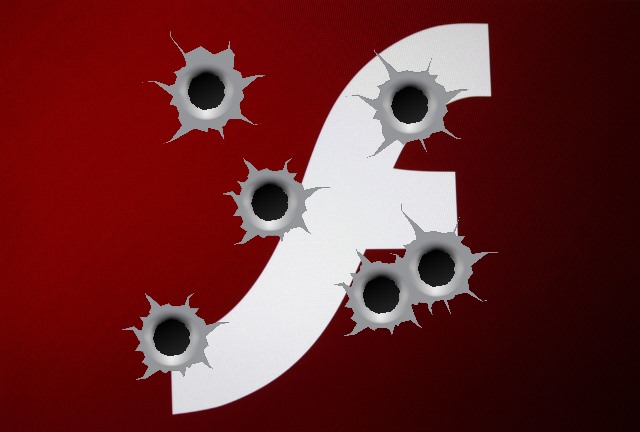Mozilla will block non-essential Flash in Firefox from next month

Flash is seen, quite rightly, as the scourge of the internet, and for some time there has been a vocal movement to eradicate all traces of it. Following the lead of Google Chrome and upcoming versions of Safari, Mozilla is taking the step of blocking Flash content from Firefox that is "not essential to the user experience".
It's part of the company's drive to reduce reliance on Flash, whilst recognizing that there is still a need to provide a degree of support for "legacy Flash content". Mozilla has taken the decision to ditch Flash in a bid to improve browser performance, boost security and improve battery life on mobile devices.
The company is keen to point out that moving away from Flash need not mean missing out on functionality. Firefox already includes a number of APIs that replicate the key features of Flash that users have become used to over the years (there's a lengthy list of HTML-replaceable Flash), and ultimately Mozilla wants to further phase out reliance on the old, insecure technology.
Moving forward, the plan is to block all Flash content by default, but give users the option of activating with a click:
In 2017, Firefox will require click-to-activate approval from users before a website activates the Flash plugin for any content. Websites that currently use Flash or Silverlight for video or games should plan on adopting HTML technologies as soon as possible. Firefox currently supports encrypted video playback using Adobe Primetime and Google Widevine as alternatives to plugin video.
Photo credit: 360b and Ket4up / Shutterstock